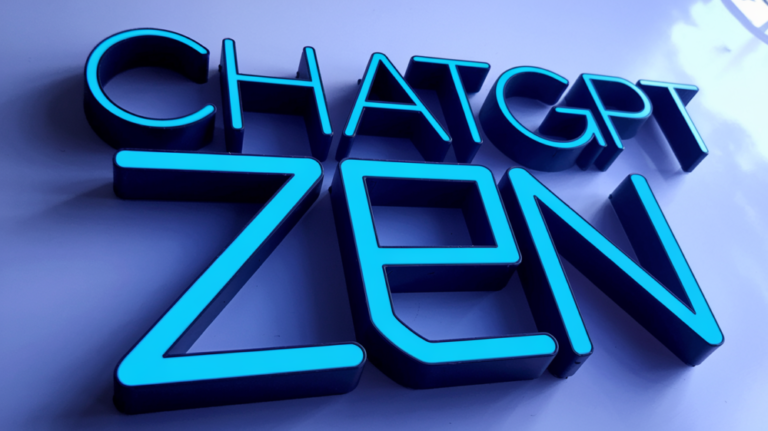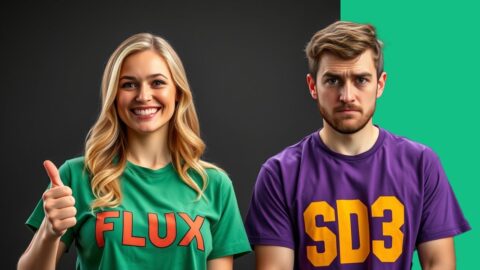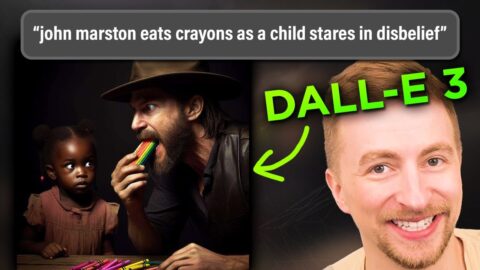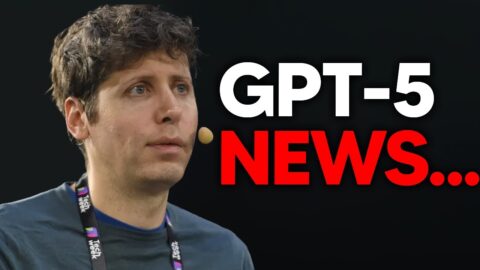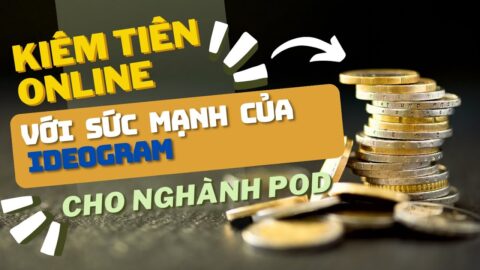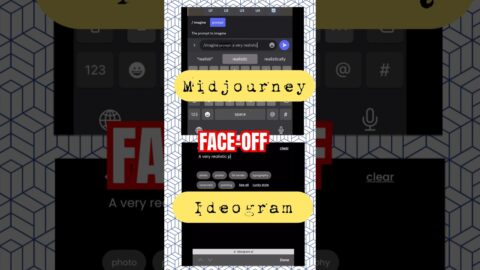Listen to the full episode:
🎧 More episodes:
💞 How to support the free content I create:
In this episode I unpack Khalil & Er’s (2023) publication titled “Will ChatGPT get you caught? Rethinking of plagiarism detection,” which explores how likely it is for plagiarism software to detect whether an essay was written by generative AI.
Article
Khalil, M. & Er, E. (2023). Will ChatGPT get you caught? Rethinking of plagiarism detection. arXiv.
Abstract
“The rise of Artificial Intelligence (AI) technology and its impact on education has been a topic of growing concern in recent years. The new generation AI systems such as chatbots have become more accessible on the Internet and stronger in terms of capabilities. The use of chatbots, particularly ChatGPT, for generating academic essays at schools and colleges has sparked fears among scholars. This study aims to explore the originality of contents produced by one of the most popular AI chatbots, ChatGPT. To this end, two popular plagiarism detection tools were used to evaluate the originality of 50 essays generated by ChatGPT on various topics. Our results manifest that ChatGPT has a great po-tential to generate sophisticated text outputs without being well caught by the plagiarism check software. In other words, ChatGPT can create content on many topics with high originality as if they were written by someone. These findings align with the recent concerns about students using chatbots for an easy shortcut to success with minimal or no effort. Moreover, ChatGPT was asked to verify if the essays were generated by itself, as an additional measure of plagiarism check, and it showed superior performance compared to the traditional plagiarism-detection tools. The paper discusses the need for institutions to consider appropriate measures to mitigate potential plagiarism issues and advise on the ongoing debate surrounding the impact of AI technology on education. Further implications are discussed in the paper.”
Author Keywords
Education, Chatbots, AI, ChatGPT, Plagiarism, Essays, Cheating
My One Sentence Summary
This paper explores how likely it is for plagiarism software to detect whether an essay was written by generative AI.
Some Of My Lingering Questions/Thoughts
– Is generative AI a form of plagiarism or a a new form of getting someone else to write the essay for you?
– How are you using (or planning on using) generative AI to help you teach or to help students learn?
– What concerns do you have about generative AI in education?
– – What excites you about it?
– Where is the line for you with plagiarism when using generative AI vs other sources (e.g., Stack Overflow) with programming?
– – How does that compare with your thoughts on other forms of plagiarism (e.g., plagiarising an essay or a song)?
– – When answering these questions, were you focusing on the process or the product?
– – How does thinking of either of those impact your answer?
━━━━━━━━━━━━━
Each episode of the #CSK8 Podcast explores research, experiences, or perspectives on computer science education through interviews with computer science educators, scholars, and administrators, as well as episodes that summarize and unpack implications of research for classroom teachers who are interested in learning more about practical applications of research in their classroom.
#cseducation #computerscience #computerscienceducation #JaredOLeary #CSedWeek #CS4All #CSforALL #computersciencePD #elementaryCS
━━━━━━━━━━━━━
🎭 Facebook:
📷 Instagram:
📽️ TikTok:
📺 Twitch:
🐦 Twitter:
▶️ YouTube:
🎤 Gear + software I used to create this:
👕 Merch:
💞 Support this content:
